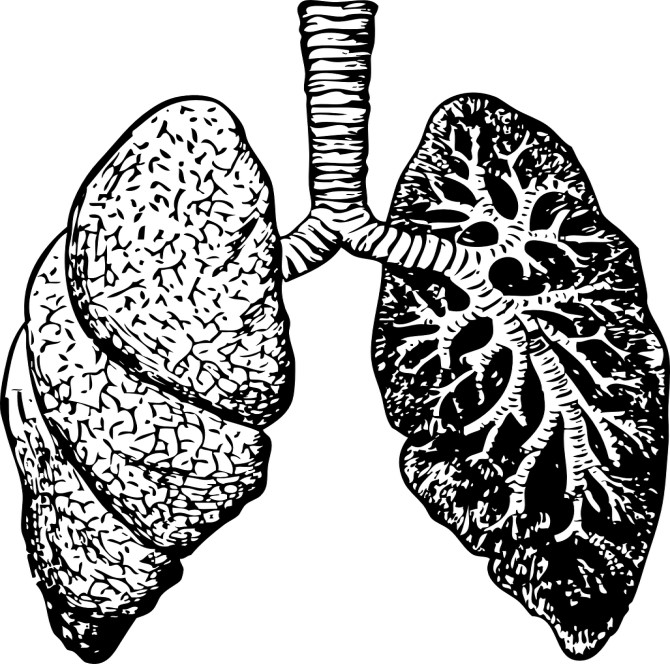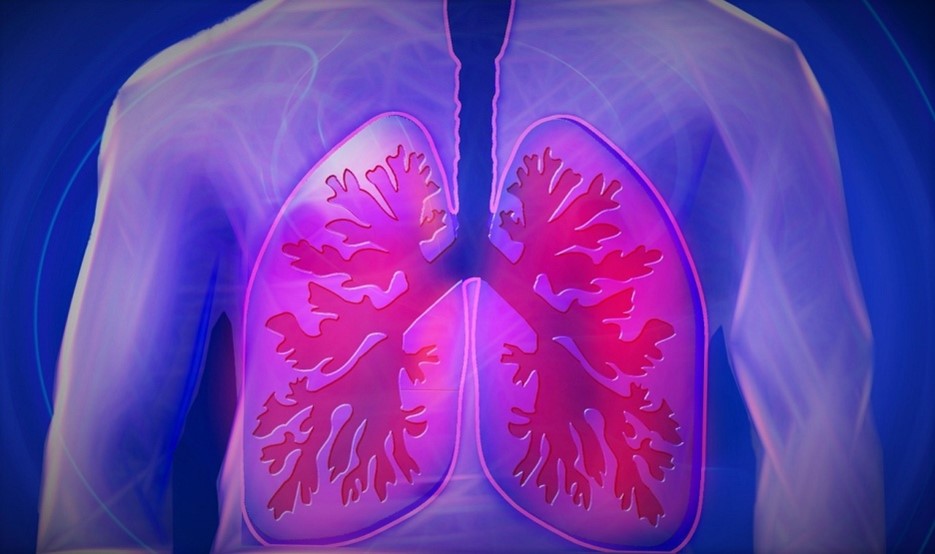Do you know that the excellent state of your lungs is equivalent to your general wellbeing? Are you aware that most diseases that affect the body are affiliated with the lungs?
Researches show that lung disease kills about 115,000 people in the United Kingdom yearly. Studies show that there is great danger in neglecting the healthy state of the lungs.
As we learn more about what affects our health and wellbeing, we realize that our lungs are not so different from other vital organs in our body.
 Like our brain, heart, and liver, some things can make our lungs unhealthy or cause them to deteriorate more quickly over time if we don’t take good care of them.
Luckily, there are different steps to take to protect your lungs and keep them healthy even as you age. This article will learn the seven proven ways to keep your lungs healthy.

7 Essential Tips to Keep The Lungs Healthy
1) Stay Hydrated
Make sure you’re drinking enough water. Our bodies are 60 percent water, so staying hydrated is essential for clear skin and hair and healthy joints, a strong immune system, and proper digestion. According to Mayo Clinic, most adults need at least nine cups of fluids daily (3.7 liters), including water, coffee, and tea without sugar or cream.
2) Avoid Environmental Toxins
Many of us don’t realize how many toxins lurk in our environments. Pesticides, chemicals, and other pollutants can cause lung damage over time—and people who work or live near construction zones, factories, or chemical plants are at a greater risk for long-term health issues. If you aren’t able to move into a new home (or move your existing one), you may want to consider investing in an air purifier for your bedroom.
3) Don’t Smoke
Smoking is well-known, with smokers much more likely to suffer from lung cancer and other respiratory diseases. A study showed that nonsmokers were 16 times less likely than their smoking counterparts to develop lung cancer. Don’t put yourself at risk! If you’re a smoker and looking for ways to quit, you can also ask your doctor about prescription medications like Chantix or Zyban, which are effective in helping people quit smoking for good.
4) Exercise Regularly
Our lungs depend on a healthy supply of oxygen to function correctly. Aerobic exercises like running, cycling, and swimming can help strengthen your lung capacity by increasing your heart rate. Boosting your physical activity may also lessen lung-damaging stress and improve sleep quality, further promoting lung health. The Centers for Disease Control and Prevention recommends adults engage in at least 150 minutes of moderate aerobic activity per week. If you’re starting, start with 10-minute bouts spread throughout each day; gradually work up to longer sessions as you get comfortable. To make it easier to fit in those 10 minutes, try parking farther away from your destination or taking stairs instead of elevators or escalators.
5) Eat Right
This one may seem like a no-brainer, but even something seemingly innocent as a candy bar can affect your lungs. Ensure you’re getting your daily intake of vitamins and minerals—especially for things like Vitamin C, which is vital for preventing infections in your respiratory system. And if you’re not already doing so, look into eating more foods high in omega-3 fatty acids (for example, salmon) or taking an omega-3 supplement. Omega-3s have been shown to reduce inflammation and improve lung function. And make sure you’re getting enough fiber! While fiber isn’t directly related to improving lung health, it helps prevent constipation, leading to increased pressure on your abdomen. This increase in pressure means less space for airflow in your lungs.
6) Reduce stress
Living a stressful life can cause severe damage to your lungs and make it hard to breathe. When you feel stress coming on, try something relaxing, like taking a hot bath or walking in nature. Stress can also be caused by other factors—like smoking or eating unhealthy foods—so do what you can to keep these habits at bay!

7) Get a Checkup
Regular checkups at your doctor’s office are essential for maintaining healthy lungs. Be sure you tell your doctor about any breathing issues or problems you have had. Most lung conditions can be successfully treated if caught early enough, so don’t put off getting checked out. You can also keep tabs on your health by performing regular self-exams, including checking for skin abnormalities (like rashes) in places with frequent contact with clothing like your armpits and chest.
Conclusion
Despite the ravaging effects of lung diseases, these are simple but essential approaches to ensure that your lungs are intact.
You have to take enough water as it applies and stay away from toxic substances and chemicals that could cause decay of your lungs. Also, giving your body much work would not help at all. You need to avoid being overstressed due to day-to-day activities.
When your lungs are healthy, your body will be active. Therefore, make regular checkups a habit to prevent diseases.
Have you been putting any of these tips into action? How do you intend to go about these seven essential tips?
Let’s see your contributions in the comments section.



Facebook Comments